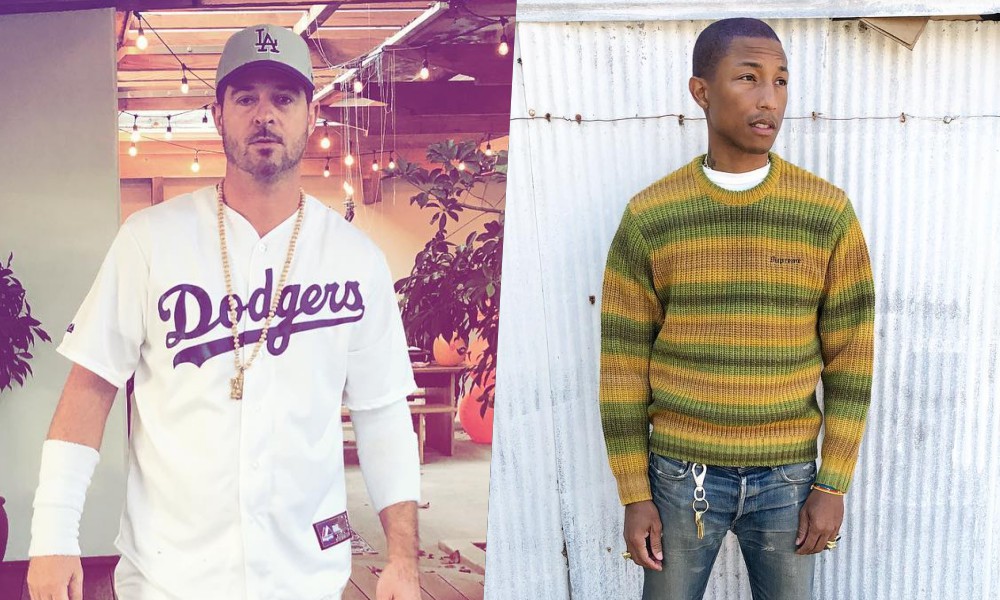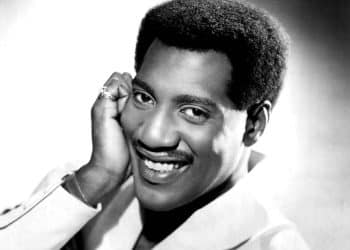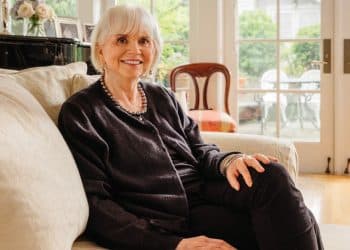On Wednesday (March 21st), a Los Angeles, CA federal appeals court upheld a $5.3 million copyright infringement verdict against Pharrell Williams and Robin Thicke over their 2013 hit song, “Blurred Lines.”
Two of three judges ruled in the 9th Circuit Court of Appeals that Marvin Gaye’s 1977 hit-single “Got to Give It Up” deserved broad copyright protection, and the March 2015 jury verdict in favor of Gaye’s three children could stand because there was “not an absolute absence of evidence” of similarity between the two songs.
The jury was asked to decide based only on the sheet music to the songs, and not the recordings.
Judge Jacqueline Nguyen offered a harsh dissent, saying that the songs resemble each other only in style, not substance and that the decision was detrimental to the future of artists and creativity.
Jurors had awarded the Gayes $7.4 million, but U.S. District Judge John Kronstadt reduced the sum to $5.3 million while adding royalties. Jurors also wanted T.I. and Interscope to be liable, but the appeals court disagreed.
Circuit Judge Milan Smith upheld an award of 50 percent of future royalties from “Blurred Lines” to the Gayes. He restored the jury finding that the Interscope record label, part of Vivendi SA, and Clifford Harris, the rapper known as T.I. who added a verse to “Blurred Lines,” should not be liable.
J. Michael Keyes, a partner at the international law firm Dorsey & Whitney commented on the day’s ruling and what it means for musicians going forward, “The Court’s decision is noteworthy in a couple of respects,” he says. “Upholding the jury’s verdict (and the ultimate damage award) could very well mean we see a new wave of additional music infringement lawsuits and claims. The 9th Circuit majority decision was quite explicit in opining that musical works receive broad protection and that ‘there is no one magical combination of factors that will automatically substantiate a musical infringement suit.'”
Judge Nguyen wrote in her ruling, “That is the consequence of the majority’s uncritical deference to music experts.”
Under oath, Pharrell admitted that the songs in question were similar only in the genre.
Keyes mentioned that although a decision was made in this case, there were technical issues that were not addressed that may apply to current and future cases.
“One important but rather technical issue that the court did not decide (and that is directly relevant in the Led Zeppelin Stairway to Heaven appeal pending before the 9th Circuit) was whether the “scope” of copyright protection is dictated by the notes on the printed page (the sheet music) or whether the sound recording can be considered as defining the scope of protection The trial court ruled that the scope of Gaye’s copyright protection was limited to the sheet music because that is what was submitted to the Copyright Office and what was ultimately registered. The 9th Circuit assumed, without deciding the issue, that the trial court made the correct decision. We will need to wait and see how the court deals with this same theme in the Stairway to Heaven case,” Keyes says.
For an in-depth report on the case details, research Williams et al v Gaye et al, 9th U.S. Circuit Court of Appeals, No. 15-56880.






